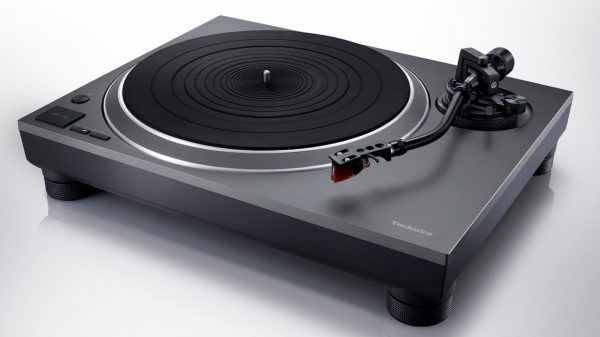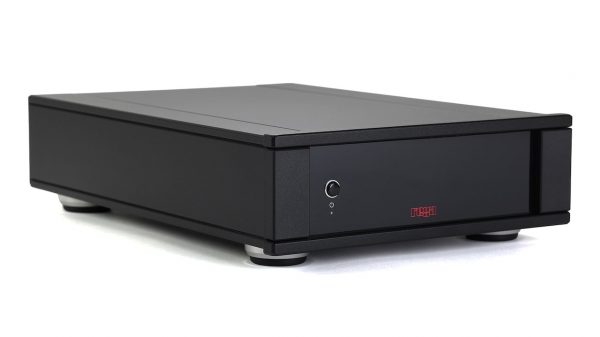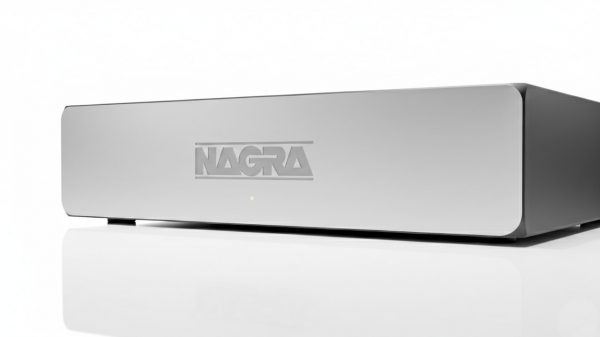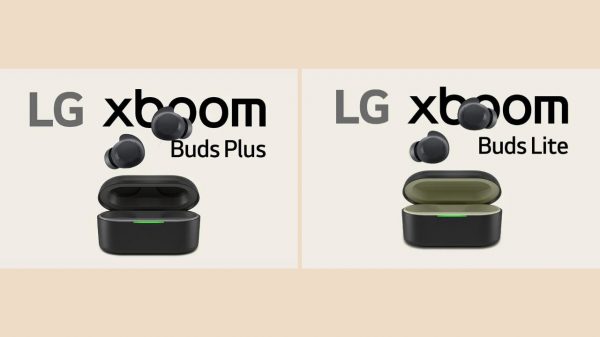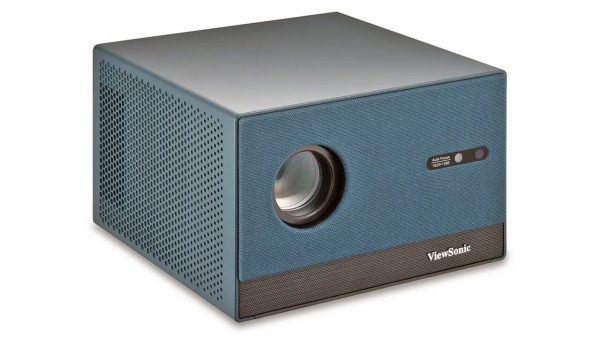Arlington, Virginia – A new study by the Consumer Electronics Association (CEAA) reveals that most unwanted consumer electronics go to secondary users, not into America’s waste stream. Nine out of ten computers and PC notebooks, eight out of ten televisions, and seven out of ten cell phones were donated, recycled or sold in the last 12 months. Charities (34%), friends (28%) and family members (26%) were the biggest beneficiaries of hand-me-down products.
While most consumers find alternatives to trashing electronics, the study indicates that consumers lack awareness and require education about electronics recycling. Despite eight out of ten Americans’ perception of the recycling of unwanted household items as important, the majority (92%) believe it is more important to recycle plastics, newspapers, and aluminum cans, than it is to recycle consumer electronics products (78%) or household appliances (77%).
Likewise, though nearly seven out of ten U.S. adults (69%) recycle household trash all or most of the time, less than half recycle electronics and appliances (42% and 43% respectively) with the same frequency. “Though electronics recycling is not as widespread as it is for other goods, nearly as many end-of-life products are recycled as are thrown away, which is extremely encouraging given that electronics recycling is just becoming available in some parts of the country,” said Joseph Bates, CEA’s director of research.
Americans most prefer (58%) an electronics recycling program that would facilitate curbside handling; indicating that consumer convenience is essential to increasing the volume of consumer electronics products recycled. A smaller number (28%) prefer taking the product to a designated recycling center.
When asked who should bear responsibility for electronics recycling management, the majority of Americans (57%) believe that local, state and the federal governments have a significant role play. And for their part, nearly half of consumers support paying for a recycling program, regardless of funding method. Nearly two-thirds (63%) believe that participation in a CE recycling program should be strictly voluntary, while one-third (35%) believe it should be required by law.
“By leading the consumer electronics industry on this issue, CEA hopes to increase the volume of recycled products by advocating for a national approach to electronics recycling that would create consistency and convenience for consumers, governments and manufacturers alike,” said CEA President and CEO, Gary Shapiro.
About CEA:
The Consumer Electronics Association (CEA) is the preeminent trade association promoting growth in the consumer technology industry through technology policy, events, research, promotion and the fostering of business and strategic relationships. CEA represents more than 2,000 corporate members involved in the design, development, manufacturing, distribution and integration of audio, video, mobile electronics, wireless and landline communications, information technology, home networking, multimedia and accessory products, as well as related services that are sold through consumer channels. Combined, CEA’s members account for more than $121 billion in annual sales. CEA’s resources are available online at www.CE.org, the definitive source for information about the consumer electronics industry. CEA also sponsors and manages the International CES – Defining Tomorrow’s Technology. All profits from CES are reinvested into industry services, including technical training and education, industry promotion, engineering standards development, market research and legislative advocacy.


